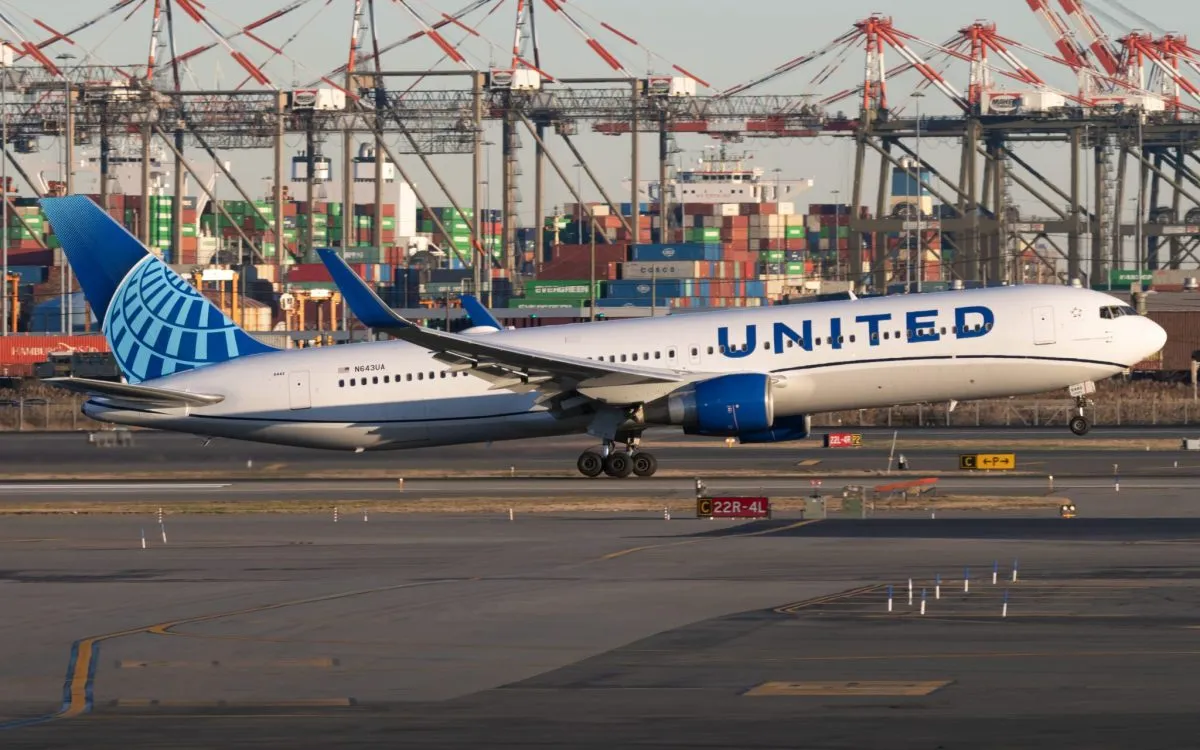Why JetBlue’s Baggage Change Leaves United Airlines on its Own

Skift Take
JetBlue is making a big change to its baggage policy. From September, the airline will allow all passengers — even those on its most restrictive ‘Blue Basic’ fare — to bring a carry-on bag for no extra charge.
The customer-friendly move applies to everyone traveling from September 6, regardless of when the ticket was purchased. Until that date, Blue Basic guests who don’t fall into one of the exempted categories, need to pay $65 for the first or second checked bag, and $180 for a third.
The policy change brings JetBlue in line with most of its peers. American, Delta, Southwest, and Alaska all allow ‘free’ carry-on bags, plus a smaller underseat personal item, across all fare categories.
United Goes it AloneHowever, one very big name is missing from that list. JetBlue’s announcement leaves United Airlines as the only major U.S. network carrier to charge its Basic Economy passengers for a carry-on. While United has carve-outs for long-haul routes and select international services, a fee applies for domestic flights and many regional links.
United’s policy states: “Carry-on bags are not included unless you're flying to Canada, So

